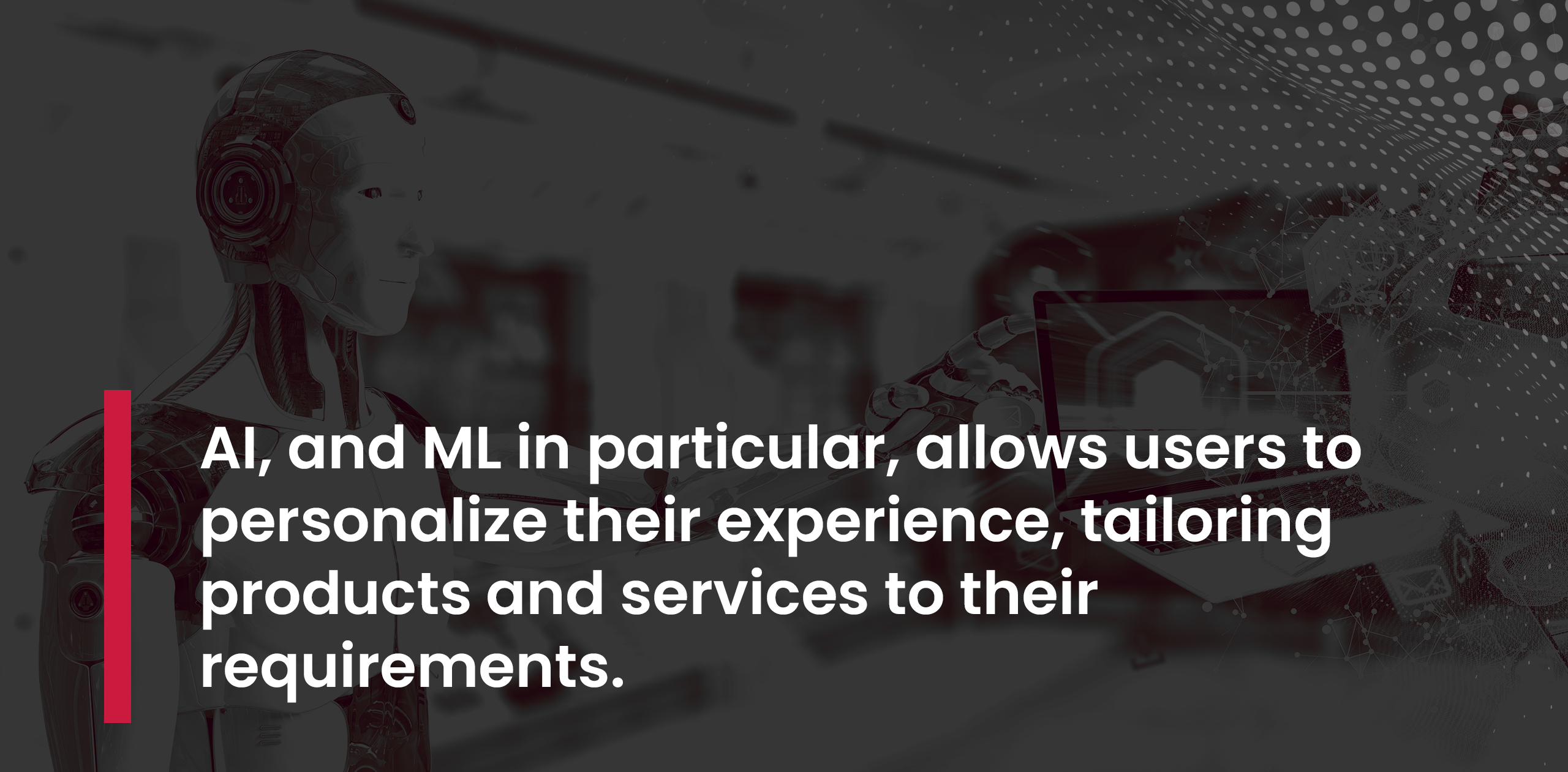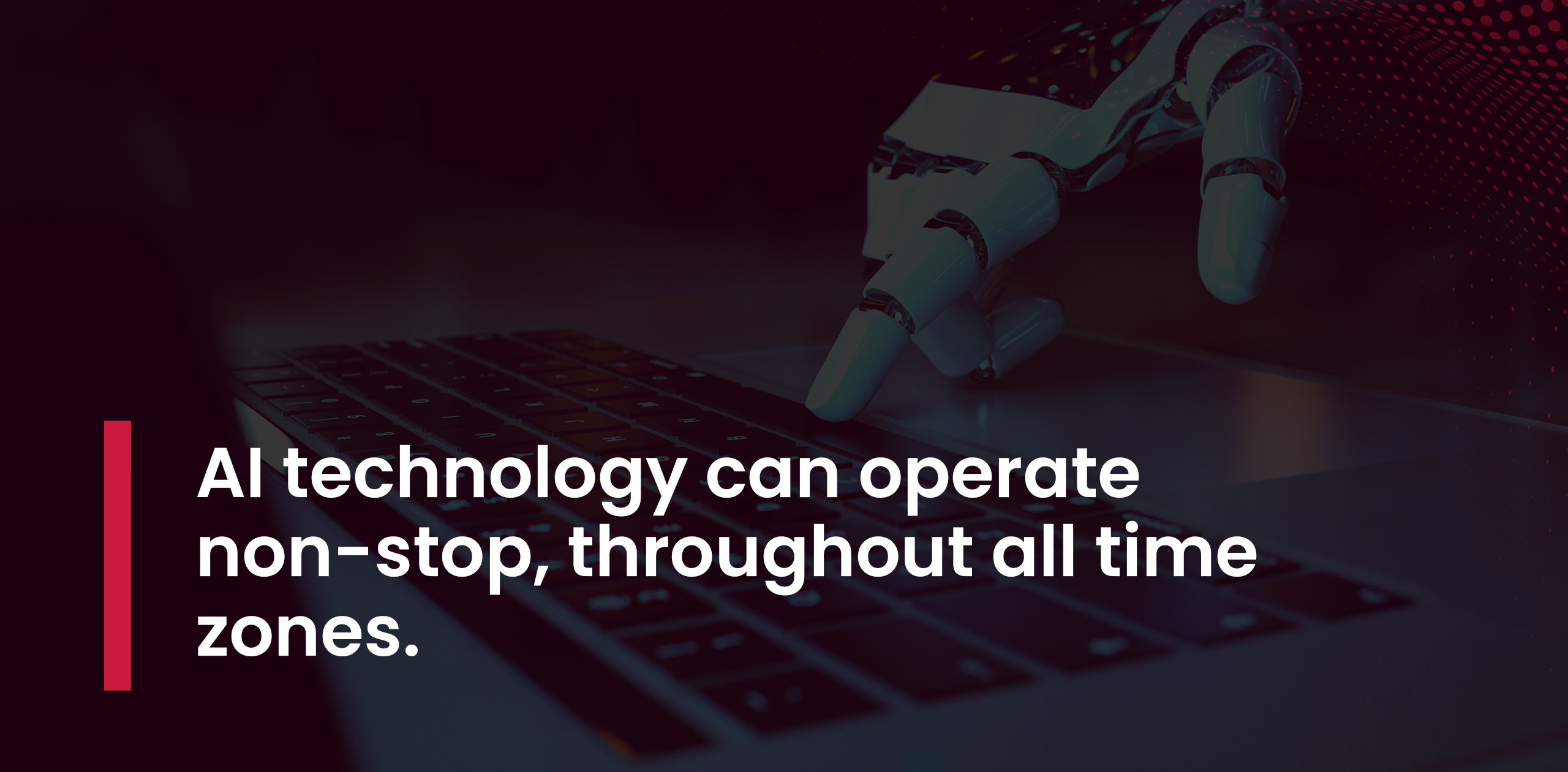With thousands of professionals registering on expert network platforms and with the possibility of even more to come, it has become more difficult and costly for customers to identify the perfect candidates for a certain task.
Although developers constantly improve databases and platforms to make the search for experts more effective, this does not always help. Apparently, something more intelligent is needed. Artificial Intelligence (AI) and Machine learning (ML) may be the solutions required to change expert networks and the way businesses use them. Our latest article takes a deeper dive into the advantages of integrating AI into the sector.
AI has evolved as a technological innovation with the ability to redefine current socio-economic development models. Although it has been around for several decades, today the right instruments and conditions exist for it to grow thus allowing people to make the most of AI.
Artificial Intelligence and Machine Learning: what’s the difference?
- Artificial intelligence is the fundamental concept of having machines that are able to function in ways that are comparable to human intellect.
- Machine Learning represents a subfield of AI that focuses on improving algorithms for prediction, classification, grouping and the identification of anomalies. Data analysts are able to improve their algorithms in ways that allow them to analyze large data sets and, with time, these algorithms will produce more accurate results.
How Machines Changed the Expert Network Industry
In 2007 GLG, the leading expert network company raised US$200 million in order to commercialize its computerized Rolodex (a classic Rolodex is a revolving file mechanism used to store business contacts). The firm’s associates had access to an internal database featuring over 175,000 expert profiles. Back then, the company used referrals along with industry fairs as methods of recruiting.
In the same year, LinkedIn became profitable and its development over the following decade allowed a number of other expert networks, including AlphaSights and Atheneum, to focus on online custom recruiting which eventually led them to surpass GLG in terms of size.
AI in Expert Networks
 Previously, expert network recruiters had to manually examine several hundred profiles for any one query leading to them becoming fatigued or unfocused. Today machine learning can instead be used to locate the ideal person for the position. The interesting thing about the expert networks that do use machine learning is their ability to run queries in a number of databases in parallel.
Previously, expert network recruiters had to manually examine several hundred profiles for any one query leading to them becoming fatigued or unfocused. Today machine learning can instead be used to locate the ideal person for the position. The interesting thing about the expert networks that do use machine learning is their ability to run queries in a number of databases in parallel.
In theory, AI could collate a broad list of the most relevant specialists based on particular criteria and then the firm’s analyst could apply human intellect to drill down and decide which specialists to contact from that list. However, the development of AI-driven solutions necessitates the concentration of a well-structured and handpicked team of exceptionally capable developers.
Artificial Intelligence and Expert Networks
AI is unquestionably the way forward in terms of knowledge sharing. Let’s dive into the main benefits and advantages of adopting AI in order to understand why it plays such an important role in the future of expert network development.
1. Extensive Global Expert Coverage
AI-driven expert networks could gain access to numerous specialists, more than any other operational model. This is due to the power of machine learning that makes use of the internet as the world’s largest database.
By surfing through the internet, expert networks have the ability to find numerous specialists from around the world and this considerably increases the chances of spotting those who match an organization’s specific criteria regardless of how detailed this is or whether or not the experts have already worked on similar projects.
2. Looking for Expertise 24/7
This allows the technology to identify experts with the most current and relevant experience. For instance, if a person with rich expertise in a particular subject has not yet published any new articles on advancements in their field, then an AI system would be able to detect this and locate more recently engaged individuals with the necessary expertise.
 3. Experts at Your Disposal
3. Experts at Your Disposal
When looking for professional guidance, a company needs to make sure it works with the best. Thus, certain measures are put into place, including score-based algorithms, that make sure AI helps to recruit experts of the highest caliber. A traditional expert network recruiter analyzes an expert’s CV to assess their eligibility for a project whereas an AI-powered expert network can evaluate other publicly available information including scholarly articles as well as peer ratings.
4. More Accurate Results
In a traditional expert network, the list of experts held in a database is managed manually which makes it more difficult to maintain high precision when searching for an ideal candidate. For instance, the database could feature specialists who fulfill some of the requirements but who may not be the best possible candidates to provide the essential insight. If so, the expert network would need to search for other candidates which takes more time.
In terms of AI technology, the company could apply its criteria to sift through myriads of online available web data points to spot the appropriate specialist. Some expert networks make use of AI that can search for such factors as an expert’s impact in a certain area as well as their communication skills.
5. AI with a human touch
Despite the fact that expert networks make use of AI to find the best experts, input is still required from the people working with this technology to search through the profiles found to ensure the best possible results. With the use of AI increasing across many sectors across industries, human input still plays a vital role in the way that expert networks function today.
According to Graham Mills, the Co-Founder & Managing Director at techspert.io, the industry has already witnessed new technological entrants attempting to eliminate human input but there is still much work to be done since the industry is neither ready for such a radical step nor indeed wants it.
So far, the AI technology used in some expert networks cannot operate 100% correctly, which involves certain flows when searching for subject matter experts. This is mainly because the requirements for the expert network industry are rather challenging and still require a human touch.
In addition, it is worth mentioning that expert networks that make use of AI to generate large databases of experts should comply with the General Data Protection Regulation (GDPR).
The GDPR is the world's most stringent privacy and security law that sets obligations onto enterprises that target or collect data about people in the European Union. The GDPR will impose heavy fines on those that break its privacy and security regulations.
The expert network market has boomed over the last few years with significant development registered for both incumbents and new entrants. The appearance of new AI-driven expert networks (some of these specializing in a particular field such as the energy sector or biotech) shows that the industry continues to grow with AI serving as the catalyst. Improvements in AI will result in more effective and quicker searches and the identification of the required expertise, cutting transaction costs that are sometimes the result of ineffective operations.
Since AI can be integrated into practically every area, including government functions, it has the potential to completely revolutionize society.
Suggested read:
Expert Network Industry 2021: Growth or Decline?
Expert Networks in a post-COVID world
How do you find the right expert network?
Share to

